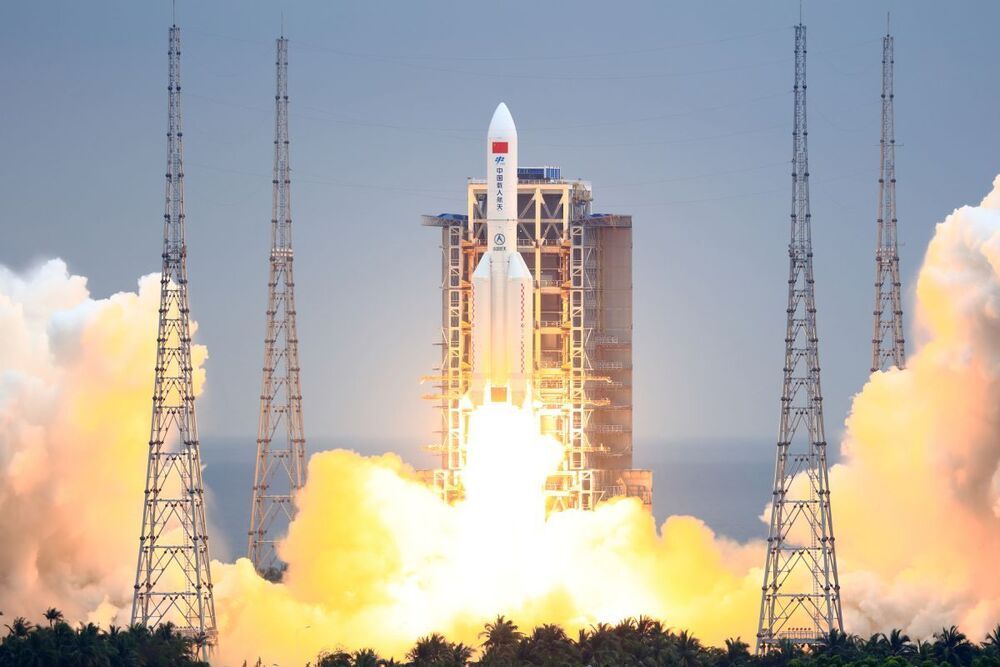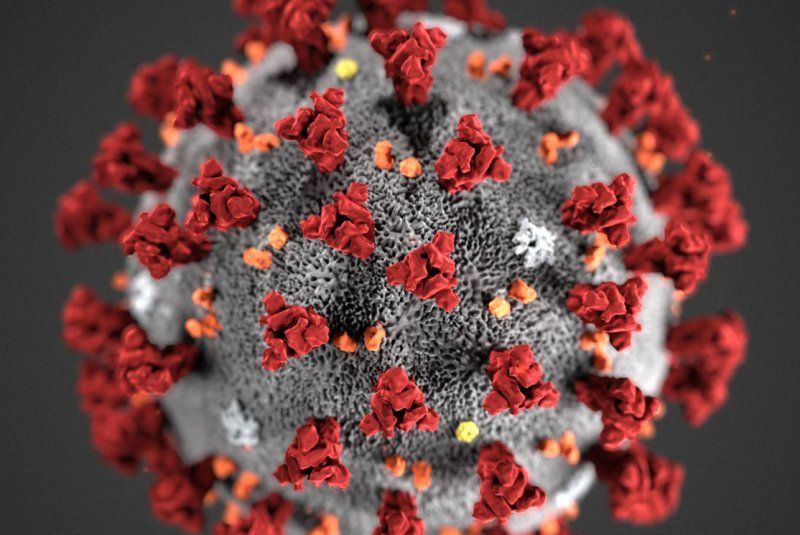The Pacific Northwest is known for its spectacular views and dark and rainy beaches. There are deep green rainforests filled with redwoods and tall trees. With its miles and miles of hiking trails, it’s known for its mountains, the Columbia River Gorge, and Lewis and Clark’s expedition.
I think it’s also the perfect area for writers and mysteries—and that’s the reason why I set my latest cozy series along the Oregon Coast. I had the privilege of living in Oregon for two years and took multiple trips to the coast to enjoy the water, wildlife, and hiking.
In Death Bee Comes Her, the first installment in my new Oregon Honeycomb mysteries, Wren Johnson lives in a fictional coastal town that combines the charms of several of my favorite places to visit. The people there are quirky, smart, and from sturdy pioneer stock, from Wren’s Aunt Eloise, to loggers, surfers, and crab and whale boat operators.








